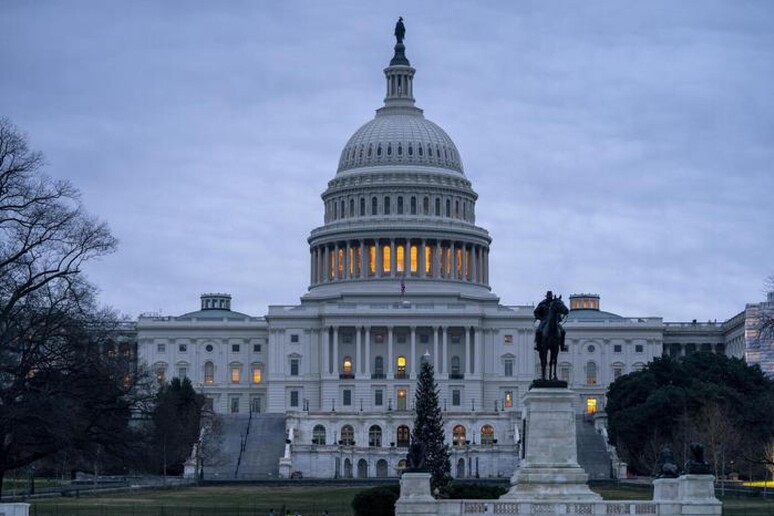Senate Republicans are sounding the alarm about the effects of the One Big Beautiful Bill Act–a budget proposal, already passed in the House of Representatives, which would extend Trump’s first-term tax cuts and slash government spending. Tens of millions of Americans are expected to see a steep reduction in their standard of living as they lose their health care (directly through lack of coverage, and indirectly through the anticipated closure of hundreds of hospitals) and federal aid programs like SNAP (which currently grants food assistance to one in eight Americans), but that is not the concern of these lawmakers: the GOP is instead warning that the cuts are not deep enough.
“I want to get a deal done; I support the president’s agenda,” said Senator Rick Scott (R-FL). “I support the border, I support the military, I support extending the Trump tax cuts — but we have to live in reality. But we got to live in reality here: We got a fiscal crisis.” Scott and other lawmakers are concerned with the effect that the legislation will have on the US bond market, whose recent volatility under Trump’s erratic trade policy has become an ongoing cause for concern.
The ability for the United States to sell its debt to individuals and other nations is a vital part of the US economy, as it enables the running of deficits that are used to finance all manner of government spending. Moody’s recently downgraded the country’s credit rating, citing the perpetuation of “large annual fiscal deficits and growing interest costs.” Senator Ron Johnson (R-WI), concerned with the effect of deficits on the bond market, joined in Scott’s warning: “the No. 1 goal of this reconciliation ought to be to reduce that 10-year and those annual deficits, not increase them.”
The GOP’s spending plan revolves around cutting taxes, and chasing the shortfall in revenue with a commensurate (if not greater) cut to government programs to avoid increasing deficits. When tax cuts have been pursued in the past – like those enacted in George W. Bush’s and Donald Trump’s first terms – the argument proffered by Republicans was that they would boost economic activity to such a degree that they were actually revenue neutral. In reality, the tax cuts passed under Bush and Trump mostly benefited the richest Americans, drastically increased government deficits, and have worsened inequality. One of the main pillars of the spending bill currently being considered by Senate Republicans is to make the 2017 Trump tax cuts permanent. As the tax base continues to erode and deficits keep climbing, many advocates are pushing for a different approach: protect vital programs for Americans, and raise taxes on the wealthy.
As the longstanding Republican policy of cutting taxes and spending runs into increasingly problematic consequences, some Republicans are issuing warnings against their own party in the other direction, with The Hill reporting that a number of GOP senators, including Lisa Murkowski and Josh Hawley, are warning against the bill’s disastrous effects on clean energy development and health care, respectively. Despite their objections, their GOP colleagues are signalling that cuts could deepen even further in the final bill, which seems poised to pass the Senate, where Republicans hold a 53-seat majority. “Conventional wisdom from past decades of previous years might suggest this thing gets watered down in the Senate,” Sen. Mike Lee (R-Utah), a leading conservative, told The Hill. “As surprising as it might seem, I think this bill gets more pro-reform. More conservative, you might say, rather than less.”












